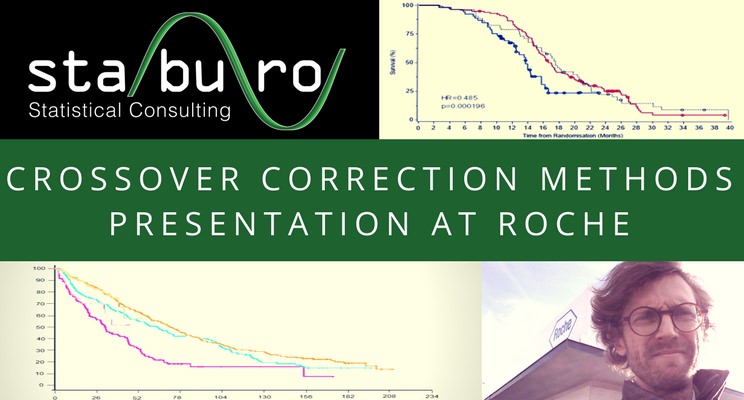
Crossover Correction Methods Presentation at Roche

Imagine we had a cure for cancer, but patients don’t receive it?
This sounds very disturbing, but it can happen to the most effective drugs, if Crossover Correction is not taken into account.
To share our profound expertise on this topic, our Head of Biostatistics Dr. Hannes Buchner gave a presentation on “Introduction to Crossover Correction Methods in Oncology” at Roche.
In randomized controlled clinical trials, patients are divided into a treatment and a control group, in order to measure the effectiveness of a new drug. In Oncology studies, patients may receive additional anti-cancer drugs during the study – planned or unplanned – and can change treatment groups (crossover, cross-in), if disease progression makes this necessary.
This allows a good estimate of progression-free survival (PFS) in most cases, but not of the clinically more important overall survival (OS) outcome.
While drug approval by FDA or EMA can also be achieved without a significant OS effect (as long as PFS and other efficacy measures indicate drug efficacy), Health Technology Assessment benefit analyses often only value OS results.
As a consequence, correction methods such as RPSFT (Rank Preserving Structural Failure Time), IPE (Iterative Parameter Estimation), IPCW (Inverse Probability Censoring Weights), and IPTW (Inverse Probability of Treatment Weights), which were presented in this talk, are becoming very, very important, to reach an acceptable price for innovative new medicines.
Without Crossover Correction methods, e.g. with a simple ITT analysis, the effectiveness of a drug cannot be properly estimated, if crossover occurs. The timing of crossover can influence the progression of the patient’s condition and also its survival times.
The consequences for the well-being of affected patients can be devastating, since the wrong choice of the method or the ignorance of crossover implications in Oncology trials, can lead – in the worst case – to the non-admission of extremely effective medications.
At Staburo, we support our international clients in Crossover Correction method application, to prevent cases of very effective drugs not reaching the market and the patient. Our goal is to become the first point of contact on this topic, worldwide.
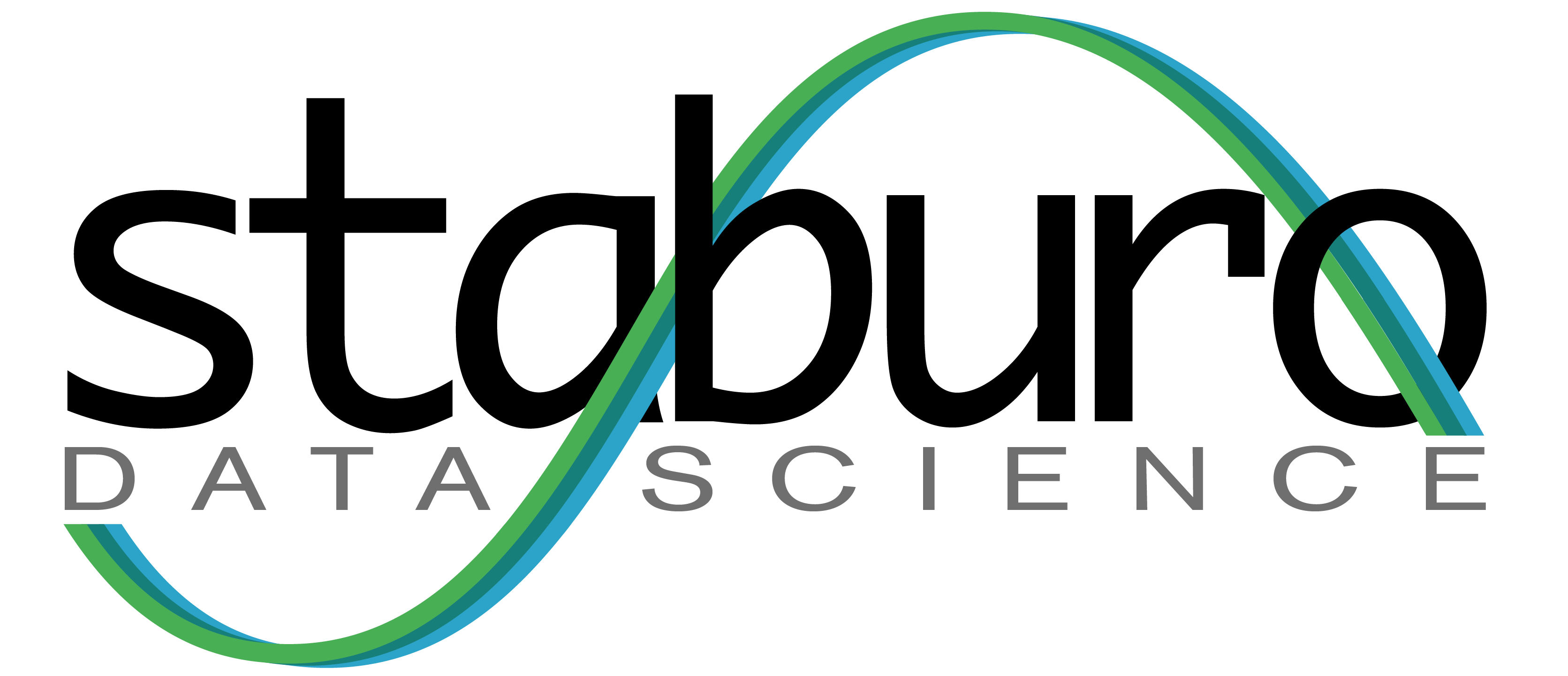
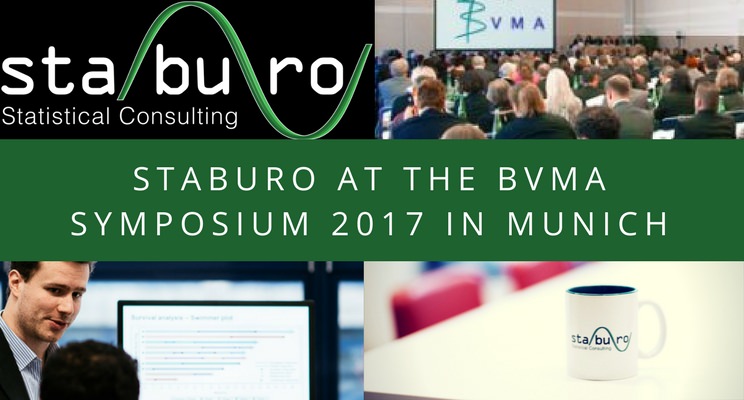

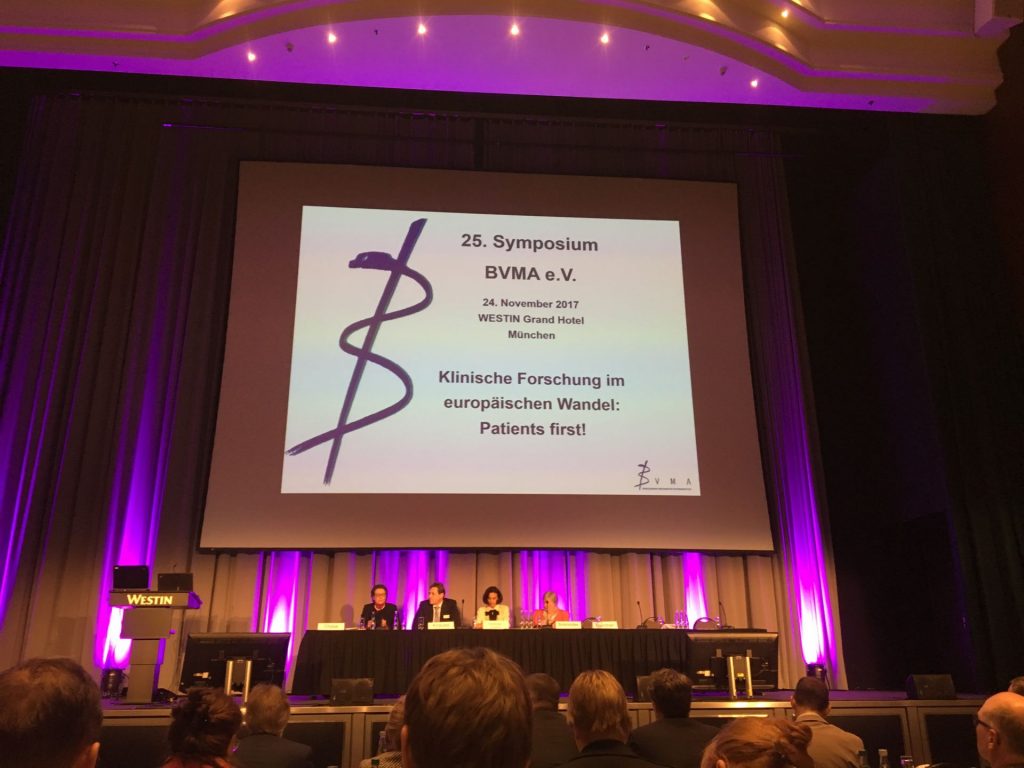
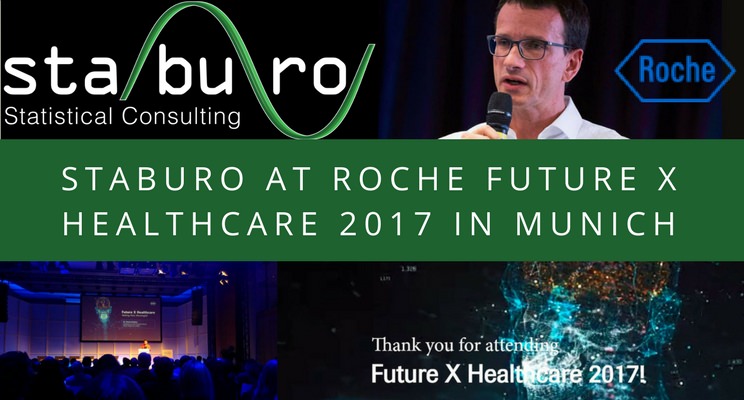
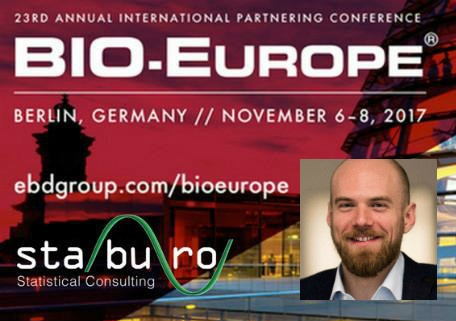
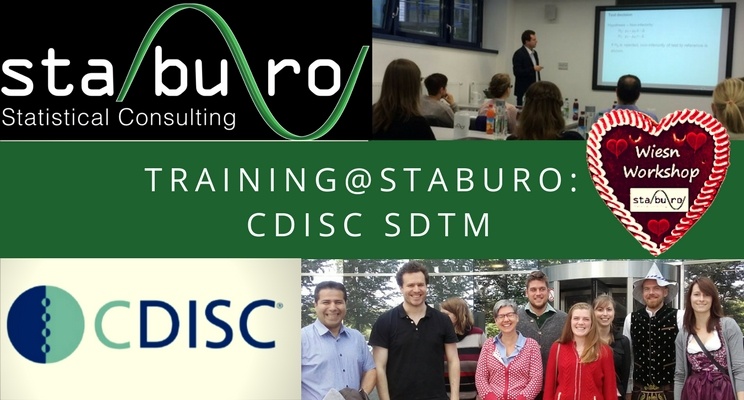
Recent Comments